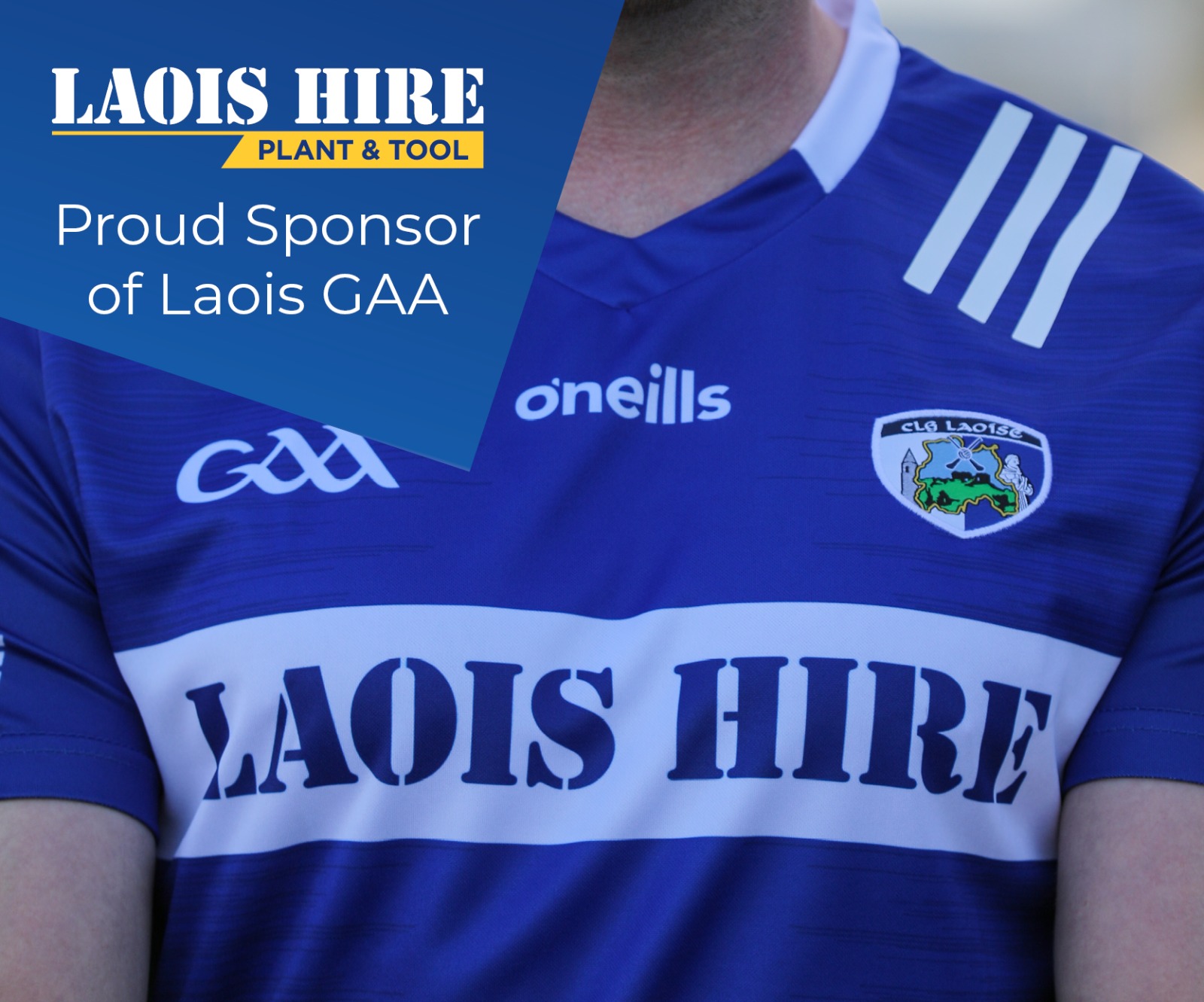The government has announced a raft of measures through the €5.2 billion July Stimulus a bid to boost the economy as the Coronavirus pandemic continues.
Taoiseach Micheal Martin made the announcement at Dublin Castle this afternoon following a cabinet meeting.
Changes to the Pandemic Unemployment Payment (PUP) and Temporary Wage Subsidy Scheme (TWSS), capital spending, welfare and employment supports, grants and tax cuts have all been announced.
The PUP is to continue until April 2021 but it will be closed to new applicants from September 17.
There are currently two rates based on pre-employment wage levels but this will be increased to three.
There will be a top rate of €300, middle rate of €250 and bottom rate of €203 per week – the latter of which is the same as normal unemployment benefit.
The TWSS, where the government tops up an employees wages by as much as 80%, is to be extended until September where it will be relaunched to take the effects of Brexit into account.
From September, employers will be able to claim the subsidy for taking on new or seasonal employees, as well as claiming a subsidy for existing staff and this is to continue until March 2021.
There is also good news for hotels and restuarants as a ‘Stay and Spend’ incentive has been introduced.
Consumers will be able to claim a tax refund of up to €125 when they spend up to €600 on accommodation, food or non-alcoholic drinks between October and April of next year.
There is also good news for first time buyers as the Help to Buy scheme is to be increased for the rest of 2020.
Buyers will now be able to reclaim up to 10%, capped at €30,000, of the price of a new build. This is up from the current 5%/€20,000 that is available now.
In total, 2,000 social housing units will be targeted for refurbishment in order to be re-let to individuals and families, struggling with homelessness or on the social housing list, generating 360 jobs.
The Help-to-Buy Scheme will be expanded for first-time buyers and up to 350 jobs will be created through the Irish Water leakage reduction programme.
The stimulus also includes a 2% cut in the standard VAT rate from 23% to 21% for a six month period. This will cost €440 million.
The waiver of rates for businesses will be extended for six months.
To support both the local government sector and the ratepayers, a funding package of €600 million has been allocated by Government to fund the cost of a waiver for six months for businesses forced to close and businesses that experienced significant negative economic disruption due to public health restrictions imposed in response to COVID-19. This will take the form of a credit in lieu of rates.
The six-month credit in lieu of rates will apply to all ratepayers for the period 27 March to 27 September 2020.
While the grants scheme for businesses will also be increased and the criteria widened. This is expected to cost €300 million.
SME Recovery Ireland have welcomed some elements in the July stimulus announced by Government today but described the overall package as lacking in scale and ambition and a missed opportunity to pump much needed confidence back into Ireland’s ailing SME sector.
Commenting, Chair of SME Recovery Ireland, John Moran said: “There are many elements of the stimulus package which will help the recovery and we welcome those.
“We acknowledge that the stimulus incorporates some calls that SME Recovery Ireland has been putting forward in recent weeks.
“It has recognised the key role SME’s will play in the recovery and the need to protect them in as far as it includes a more robust grant scheme, an extended wage subsidy scheme and additional powers for the SBCI.
“However, against the scale of the losses indicated for micro and small businesses in our latest ‘Covid-19 loss assessment survey’, the measures announced today simply do not go far enough to prevent firms from folding.
“A legacy of unpaid bills, liquidation sales and boarded up shop fronts in towns and villages across the country remains a real reality, while people dependent on unemployment payments face little hope of finding a new job.”
























